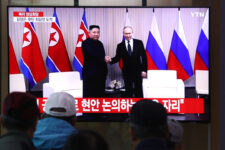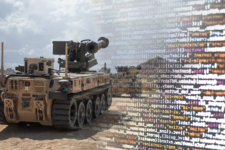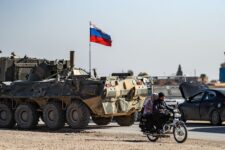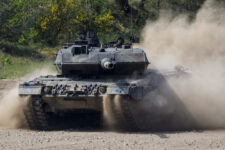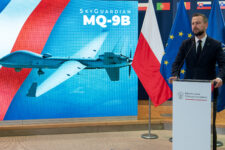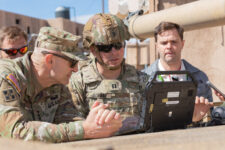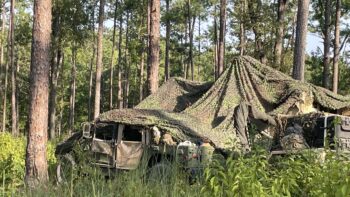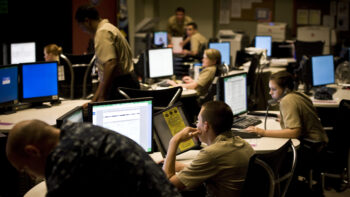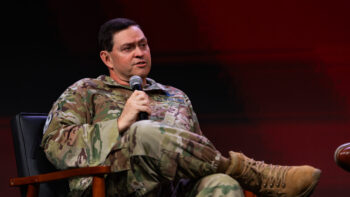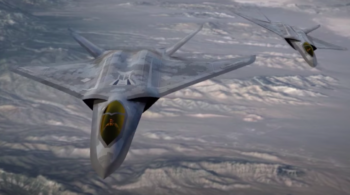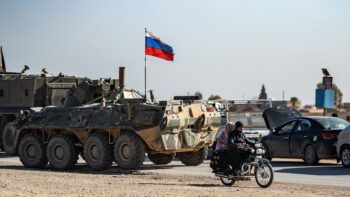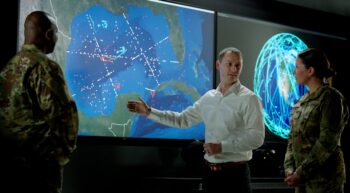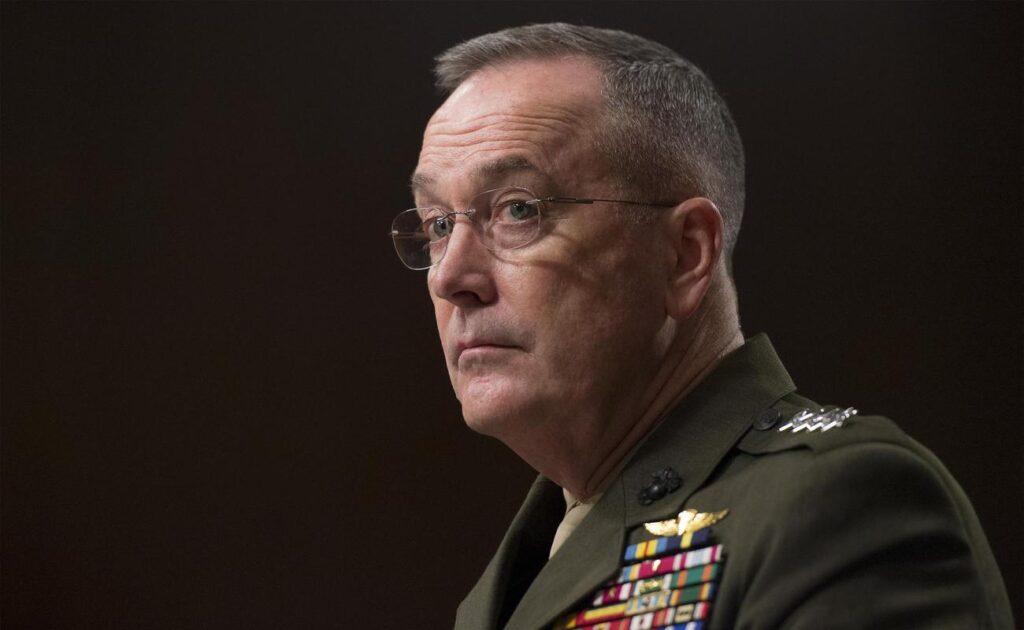
Gen. Dunford
WASHINGTON: The American military faces a two-front war it can’t afford to fight on current budgets, the Chairman of the Joint Chiefs said today. On the one hand, the US must keep the pressure on not only the Islamic State but its inevitable successors in a “long term” — even “generational” — conflict, Gen. Joseph Dunford said. At the same time, he said, the US must invest in modernizing its nuclear and conventional arsenal to deter growing threats from four nation-states: Russia, China, Iran, and North Korea. But the US, Dunford said, can’t afford to do both under Budget Control Act spending caps and an absence of appropriations bills.
“If we don’t repeal the Budget Control Act, and we don’t get back to regular order — that is passing a budget every year — we will not get out of the trough,” Dunford said. “I fundamentally don’t believe we shouldn’t be sending our young men and women into a fair fight….We ought to send them with the wherewithal to accomplish the mission with minimal loss of life. We’re not going to be able to do that with the Budget Control Act. We’re not going to be able to do that with more Continuing Resolutions.”
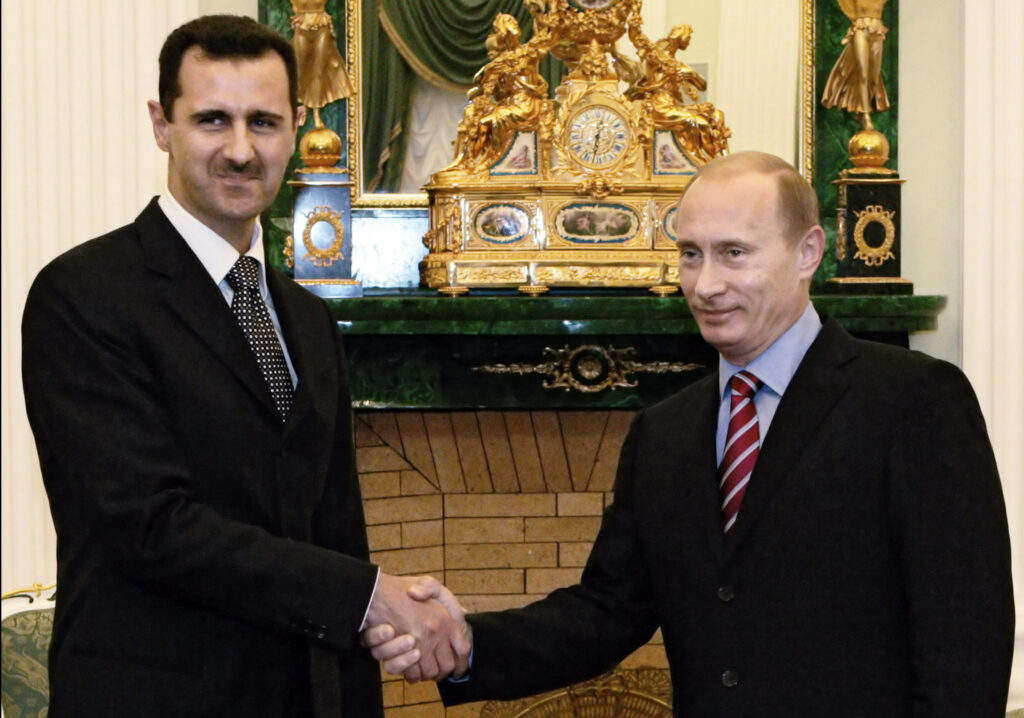
Economy of Force
Dunford was headed straight from the National Press Club to a video-teleconference with the four-star service chiefs and combatant commanders, a regular quarterly review of counterterrorism strategy. Drawing an implicit contrast to the massive, unilateral commitment of US troops in the invasions and “surges” in both Afghanistan and Iraq, Dunford emphasized the importance of working with allies and partners to help local security forces get their own house in order. (This is a classic Special Forces approach: a relatively small cadre of Western advisors working “by, with, and through” large numbers of locals). Today, he said, “the majority of fighting (and) the majority of casualties are being experienced by local forces that are fighting for their own country, and that’s the strategy.”
The goal, said Dunford, is a “politically, fiscally, and militarily sustainable” approach for the long haul. Yet from Mosul to Raqqa to Kabul, the military, fiscal, and political capital consumed by counterterrorism is increasing.
Dunford insisted “no decision has been made” on deploying more troops to Afghanistan, though he said the widely reported figure of 4,000 additional personnel comes from an assessment of the need for more advisors and other support to struggling Afghan forces. Dunford also notes that the NATO contingent in Afghanistan is short about 3,000 troops. Defense Secretary James Mattis — to whom President Trump delegated the decision — will make his call on reinforcing Afghanistan only after a review of strategy in South Asia writ large reports back in mid-July, Dunford said.
Meanwhile, counterterrorism efforts in Syria are running afoul of great power competition. Asked about the US shooting down a Syrian government airplane and Russia, in turn, threatening US aircraft, Dunford downplayed the risk of a direct clash and warned against “hyperbole.” He emphasized that the communications link between US and Russian headquarters in the region remains operational. That said, he admitted the two nations are no longer “deconflicting” the air operations over Syria, a process put in place to prevent incidents.
Russia has deployed some of its most advanced equipment to Syria, including S-300 and S-400 anti-aircraft missiles, and has used the war to show off high-tech weapon such as 900-mile-range Kalibr cruise missiles. Dunford has repeatedly warned that America’s adversaries, explicitly including Russia as well as China, Iran, and North Korea, have studied America’s precision-guided, computer-networked war machine and invested in carefully tailored countermeasures, often known as Anti-Access/Area Denial. Electronic warfare, anti-space capabilities, anti-ship missiles, and submarines are all “areas of concern,” Dunford said.
“At the turn of the century, 2000, we had a decisive competitive advantage (over potential adversaries). We cannot sustain the path we’re on right now and maintain that competitive advantage,” he warned. “We have been focused on violent extremism and we have delayed modernization programs… Our potential adversaries haven’t had to suffer through that same experience”: They’ve been able to focus their (much smaller) budgets on carefully tailored countermeasures to US power.
Keeping down the cost of counterterrorism is essential both because the “long war” on terror takes so long and because the simultaneous modernization for great power war will be so expensive.
“We’re conducting a campaign against violent extremism in the context of all the challenges that face our country right now, to include North Korea, China, Iran, and Russia,” Dunford said. “The United States is a nation that thinks and acts globally. We don’t have the luxury of doing one thing at a time.”
Army halted weapon development and pushed tech to soldiers faster: 2024 in review
The Army spent 2024 pushing its new “transformation in contact” initiative while also pivoting away from several key weapon development initiatives.

